
Essure is a permanent form of birth control. Unlike the pill, Mirena coil, depo Provera, or other forms of long-term contraceptives, essure is only suitable for women who are absolutely sure that they never want any more children. The soft inserts encourage the growth of natural tissues around them after placement, meaning that the fallopian tubes will be completely blocked after a successful essure procedure.The inserts are placed in the fallopian tubes through the vagina, cervix, uterus and then the tubes. The very end of the essure insert remains outside the tubes to give you and healthcare providers alike a reminder that you have had essure fitted. No local anesthesia is required, and the appointment lasts for only a short period of time.
Essure, and the comparable product Adiana permanent contraception, are perhaps the least invasive forms of permanent birth control. After three months, your healthcare provider will check whether tissues have successfully grown to form a tubal blockage, with dyes and a particular type of X-ray.In these initial three months, you will still need to use another contraceptive. The advantages of essure are that it is very non-invasive compared to tubal ligation or vasectomy, and that no hormones are used. And the downside? Some women suffer an ectopic pregnancy after being fitted with essure. And because it is indeed permanent, there is no changing your mind about adding to your family after essure.
- www.nhs.uk/news/pregnancy-and-child/essure-sterilisation-implant-has-high-risk-of-complications/
- www.cdc.gov/reproductivehealth/contraception/index.htm
- Photo courtesy of Petr Kovar MUDr. Havirov by Wikimedia Commons: commons.wikimedia.org/wiki/File:Zav%C3%A1d%C4%9Bn%C3%AD_spir%C3%A1ly_Essure.jpg





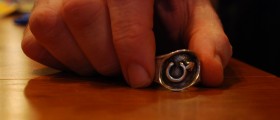
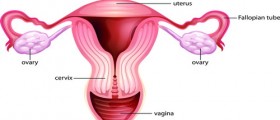


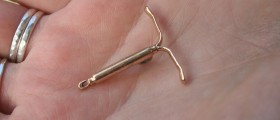


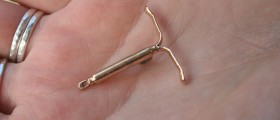

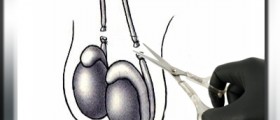


Your thoughts on this
Loading...